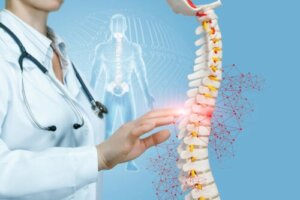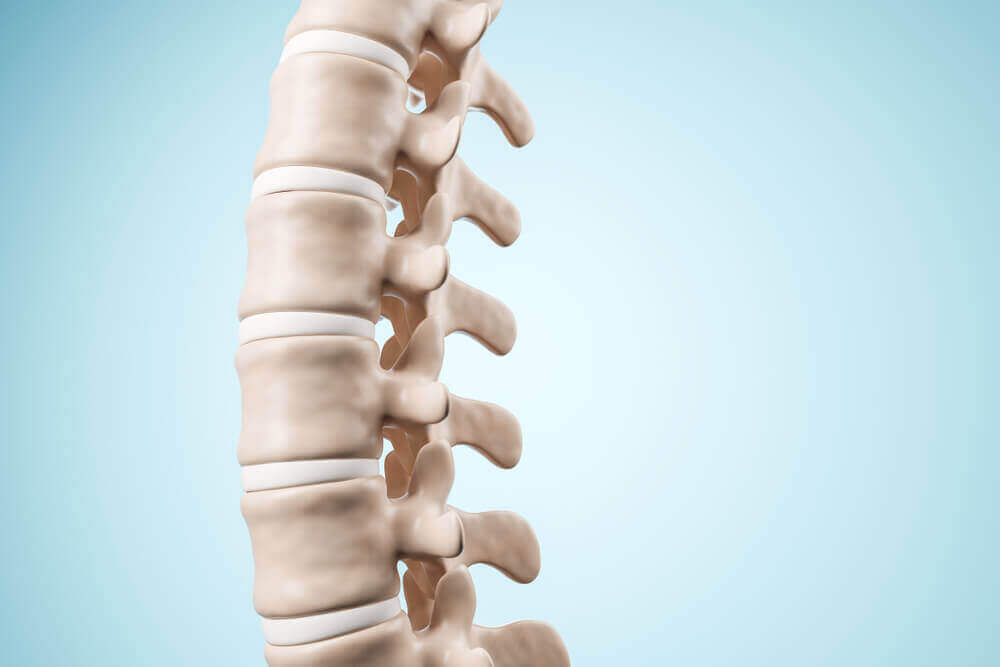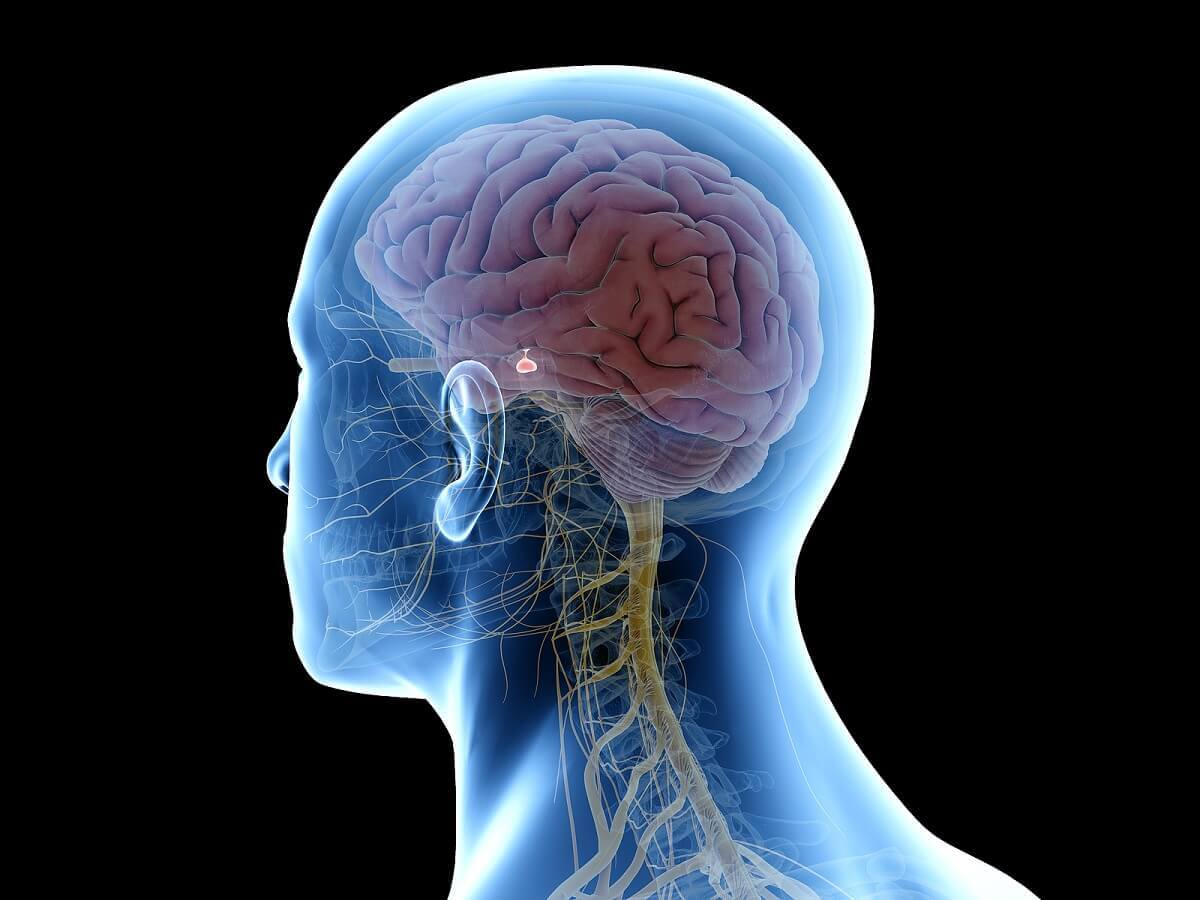The Importance of Your Spinal Column and Its Connection to Other Organs

The body is one of the most mysterious phenomena in the world. It never ceases to amaze with its perfectly composed systems and structures. Have you ever wondered about the importance of the spince and its connection with other organs?
Nature has left nothing to chance, and new connections between different parts of the body are discovered every day. Our spinal column is no exception, neither is the importance of your spinal column to be underestimated.
The most significant example of this is the way in which the spinal column is connected to the organs of the body. The most significant example is the way in which the spine is connected to other organs.
It is striking because the spine is a bone, yet its condition is involved in the performance of organs and muscles, such as the lungs and heart. Don’t think this is a random or confusing relationship. Not at all. The exact points that are linked to very specific parts of the body have been discovered.
The importance of your spinal column and why it’s connected to other organs

The effect is made worse because, as you know, a failure in an organ like the liver affects your overall health as it’s responsible for filtering your blood. It’s also important for caring for your emotional well-being. The spine suffers when we hold onto negative feelings, whether they be stress or sadness. This means that emotional intelligence is fundamental for controlling our physical state. When we avoid tension in this area, we prevent its negative effects from reaching our vital organs.
See also: 5 Exercises to Control Our Emotions
When does your spine need to be examined?
When you experience discomfort in your spinal column, doctors will design a treatment plan that concentrates on the areas where the discomfort occurs. Sometimes the results of these treatments don’t come as quickly or work as well as we would have hoped. This may mean it’s time to have your spine thoroughly examined.
The most frequent diseases linked to this problem are the following, which we’re going to discuss.
Migraine

The back is involved in most headaches.
Muscle contractures cause the bones to shift, resulting in ailments in the top of the head as well as the face. It can even cause your eyesight to blur.
Read more: 5 Natural Migraine Remedies to Soothe Pain
Sleeping limbs
Cervical inflammation results in a constriction of the nerves. As a consequence, it becomes difficult for blood to reach the area. When this happens for a long enough period of time, the extremities suffer and begin to lose their sensitivity.
Problems swallowing
This occurs as a result of the narrowing of the cervical canal in the neck. This hinders the action of the muscles and organs responsible for chewing and swallowing.
Lack of blood flow to the brain

Problems with digestion
The importance of your spinal column is such, that inflammation of the lumbar area can even upset the digestive system. This means that its performance will be affected in different ways. Constipation is one likely consequence, accompanied by bouts of sudden diarrhea.
Misalignment of the spinal column has a close correlation with the functioning of the organs. Because of this, we recommend that you get periodic checkups from your doctor. Don’t forget physical exercise. Swimming is ideal because it helps realign your bones and strengthen all your muscles. This will help you regain control of this sensitive area.
On the other hand, if you tend to suffer more from anxiety or depression, you should try yoga. You’ll notice the benefits for both your physical and mental health. This ancient discipline uses asanas, or poses, to help you oxygenate and realign your body, in addition to meditation to calm your mind. So, what option do you prefer?
All cited sources were thoroughly reviewed by our team to ensure their quality, reliability, currency, and validity. The bibliography of this article was considered reliable and of academic or scientific accuracy.
-
Hall, M. P. (1955). La anatomía oculta del hombre. Editorial Kier.
-
Sierra, I. A. J., Rincón, L. L., Dávila, C. P., Mora, J. A., & Jens, C. T. ANATOMÍA DE LA COLUMNA VERTEBRAL EN RADIOGRAFÍA CONVENCIONAL.
-
Sosa, S. Riñón: Anatomía, Fisiología, Funciones, Hormonas y Enfermedades.
This text is provided for informational purposes only and does not replace consultation with a professional. If in doubt, consult your specialist.








